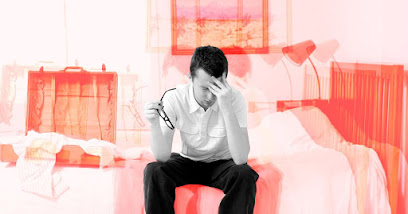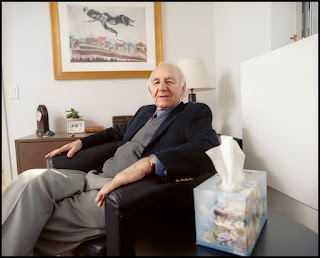Literature Review #2
Citation
Wells et al.: Persistent psychogenic déjà vu: a case report. Journal of Medical Case Reports 2014 8:414.
Summary
This case report provides a case study about a young man with anxiety and depersonalisation who reports persistent déjà vu. This case of a 23-year-old White British man dates back to 2007 when he first started to experience symptoms of anxiety and also experience of intense déjà vu. He took LSD once and from then on the déjà vu became consistent. He was referred to specialists and was diagnosed with depersonalization, so he was prescribed medications. His persistent déjà vu caused him to stray away from television, listening to the radio, and reading papers and magazines. In October 2009, they tested his performance on recognition memory. In this study, they had a control group that had a normal range for depression and stress. Out of the 11 males in the study, only 8 have heard of déjà vu and out of those 8, only 3 have experienced it in the past month. After comparing the 23-year-old man’s test with the control group’s task, it was seen that he was less confident in his memory ability. While this study did not exactly discover the relationship between anxiety and déjà vu, it can be seen that further investigation needs to be done in order to prove the connections between the two.
Authors
Christine E Wells: Department of Psychology, Sociology, and Politics, at Sheffield Hallam University.
Chris JA Moulin: Université de Bourgogne
Paige Ethridge: university of Western Ontario
Nathan A Illman: Institute of Psychiatry, Kings College London
Emma Davies: Institute of Psychological Sciences, University of Leeds
Adam Zeman: University of Exeter Medical School, St. Luke’s Campus
Key Terms
Anxiety - a mental health disorder that includes feelings of persistent worry and fear about everyday situations that can cause trouble in one’s daily activities.
Recognition Memory - the ability to identify a certain situation, event, object, or feeling that has been previously encountered before.
Three Quotes
“In relation to our case, distress caused by the déjà vu experience may itself lead to increased levels of déjà vu: similar feedback loops in positive symptoms are reported in other anxiety states (e.g. panic attacks [8])” (Wells, et. al 3).
“In both participants with epilepsy and participants who are healthy, déjà vu might be thought of as a short-lived neurological event which leads to a disruption of recogni- tion memory, whereby the sensations of memory retrieval become dissociated from memory retrieval itself: the decoupled familiarity hypothesis [1]” (Wells, et. al 1).
“Less is known about recognition memory and déjà vu in other clinical populations, but there has been some exploration of the comparative prevalence of déjà vu in patients with epilepsy compared with affective disorders [3] and phobic anxiety–depersonalisation syndrome [4]” (Wells, et. al 1).
Value
This case study allows me to dive deeper into the déjà vu phenomenon, and how it is relevant to anxiety.


Comments
Post a Comment